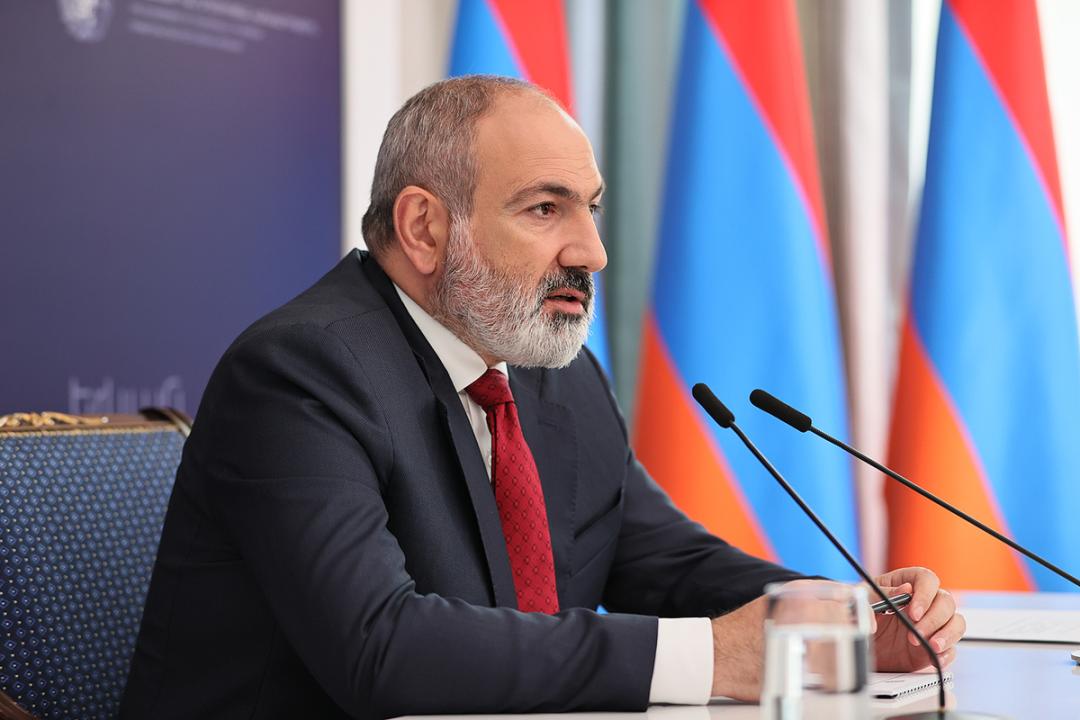
Pashinyan Outlines Key Barriers to Armenia-Azerbaijan Peace Treaty

In his final speech at the discussions of the 2024 budget draft on November 16, Armenian Prime Minister Nikol Pashinyan stated that the principles of the peace treaty have been agreed upon with Azerbaijan.
The head of the Armenian government assured the parliamentarians that the political will of the republic's leadership to sign the peace agreement between Yerevan and Baku remains unwavering. "Three principles of the peace treaty have been agreed upon with Azerbaijan during the negotiations in May and July 2023 in Brussels," the Prime Minister noted.
"The first principle states that Armenia and Azerbaijan recognize each other's territorial integrity within 29.8 thousand and 86.6 thousand square kilometers of the areas of the two Transcaucasian republics, respectively. The second principle is that the delimitation and subsequent demarcation of borders should be carried out in accordance with the 1991 Alma-Ata Declaration, based on the Soviet maps of 1974-1990. The third principle concerns the unblocking of regional communications within the sovereignty, jurisdiction, and legislation of the countries through which they pass," Pashinyan listed.
According to him, various kinds of promises, commitments, and even conspiracies have been attributed to the Armenian authorities in the context of unblocking regional communications. "All of Yerevan's real promises are fixed in its 'Crossroads of the World' project. The Armenian side is ready to start the realization of this project as soon as possible, expecting the support of other countries in the region. At the same time, the Crossroads of Peace enshrines the promises made to Armenia and its obligations to Armenia," he said.
Pashinyan further explained why the peace treaty with Azerbaijan has not yet been signed if it is said that the basic principles of the settlement of bilateral relations are harmonized. "By and large, the reason lies in the mistrust of the parties, who may see in each other's words and statements a desire to abandon the [reached] agreements. This negatively affects the work on the text of the agreement," Pashinyan said, adding that it is necessary to focus on formulating a mechanism that will prevent discrepancies in the text of the future agreement.
See Also


Armenia Records 5.9% GDP Growth in 2024, Missing 7% Goal

Yerevan Balances Strategic Ties with Both US and Russia, Says Foreign Minister

FM Mirzoyan: Peace Deal with Azerbaijan Is Within Reach

Pashinyan and Erdogan Hold Call, Reaffirm Commitment to Ongoing Dialogue

